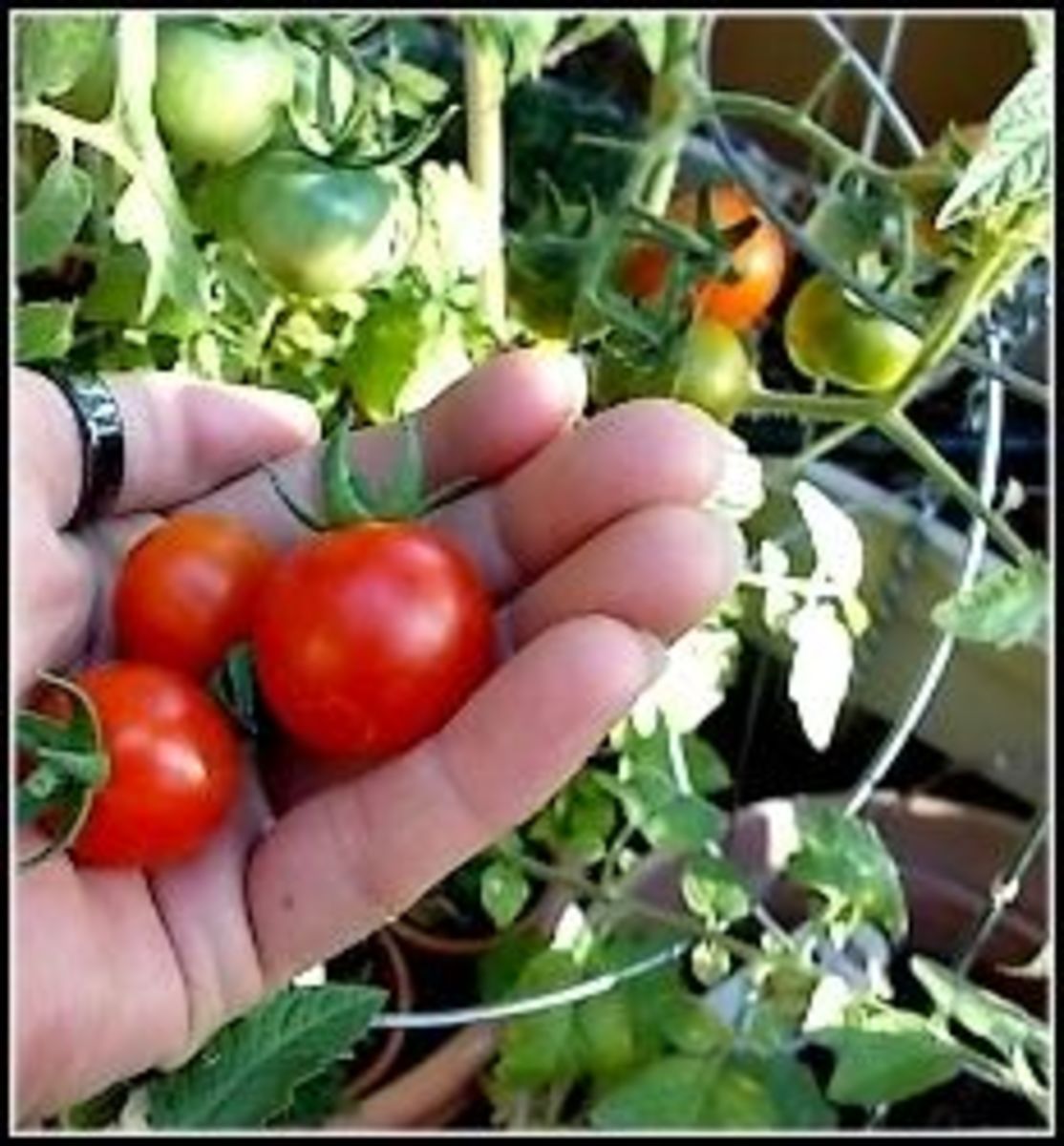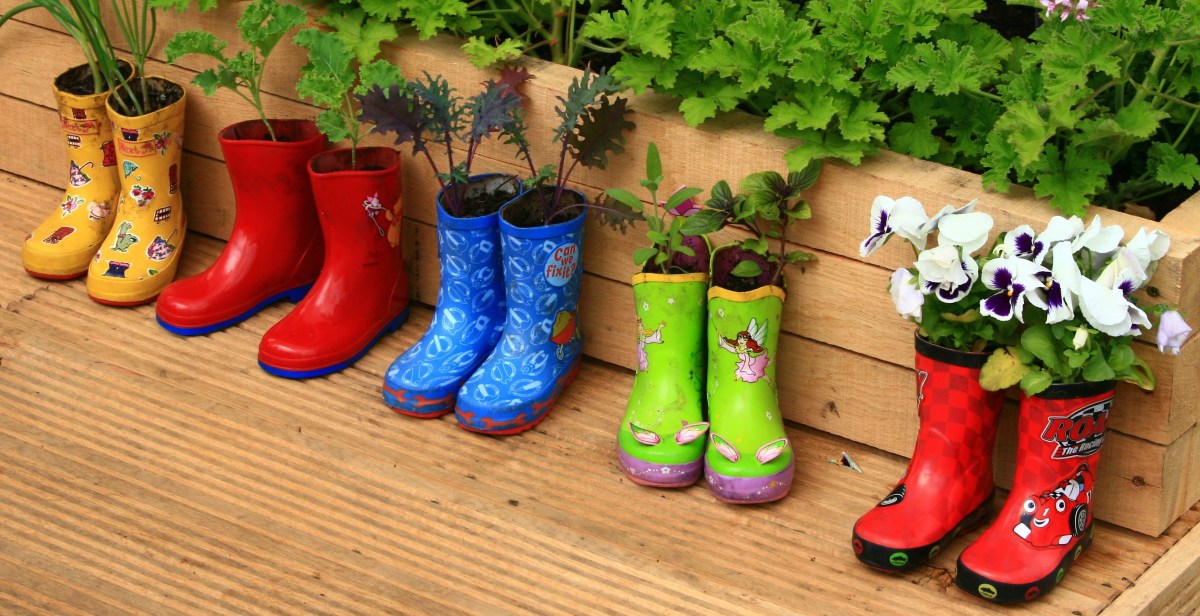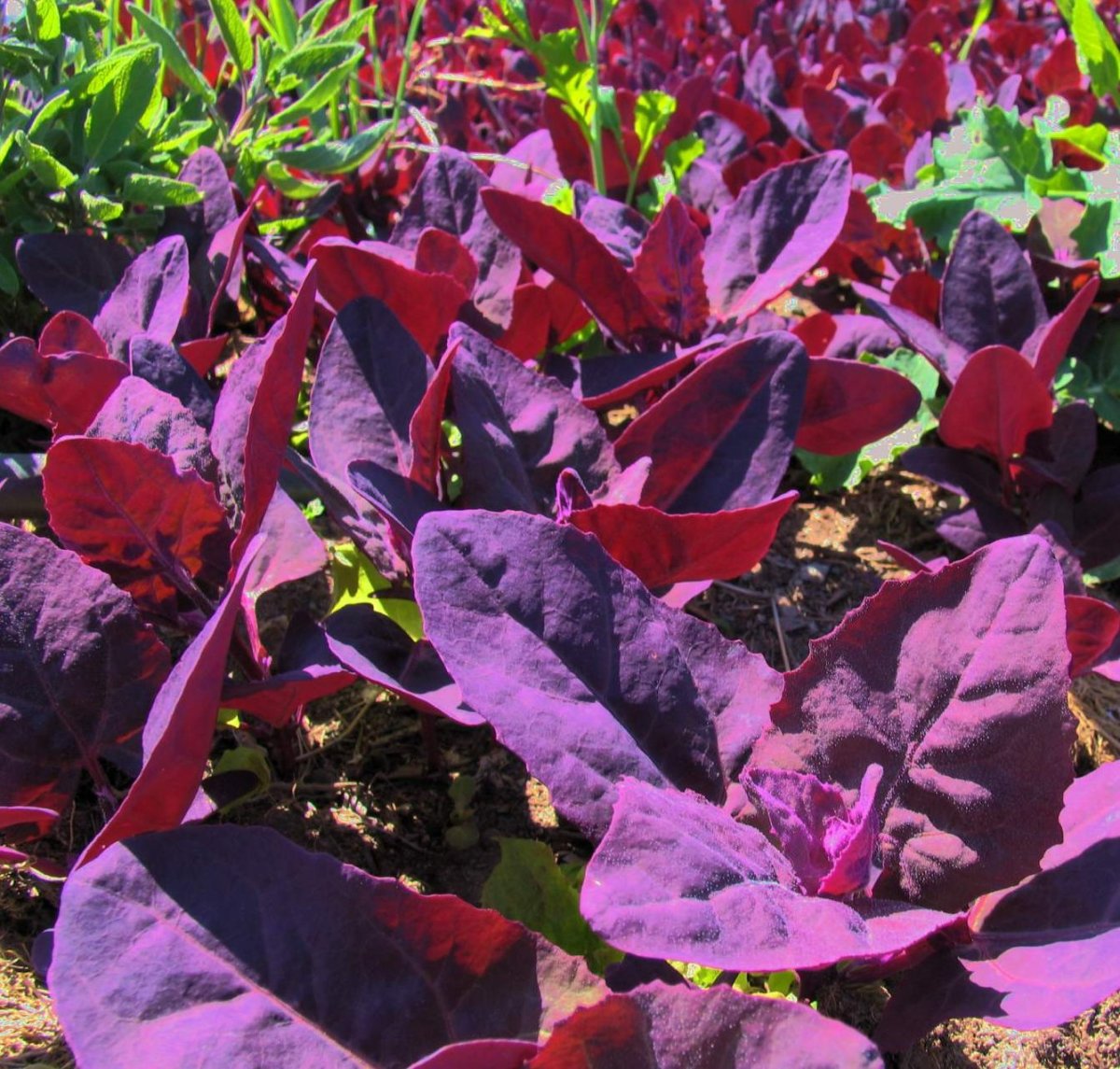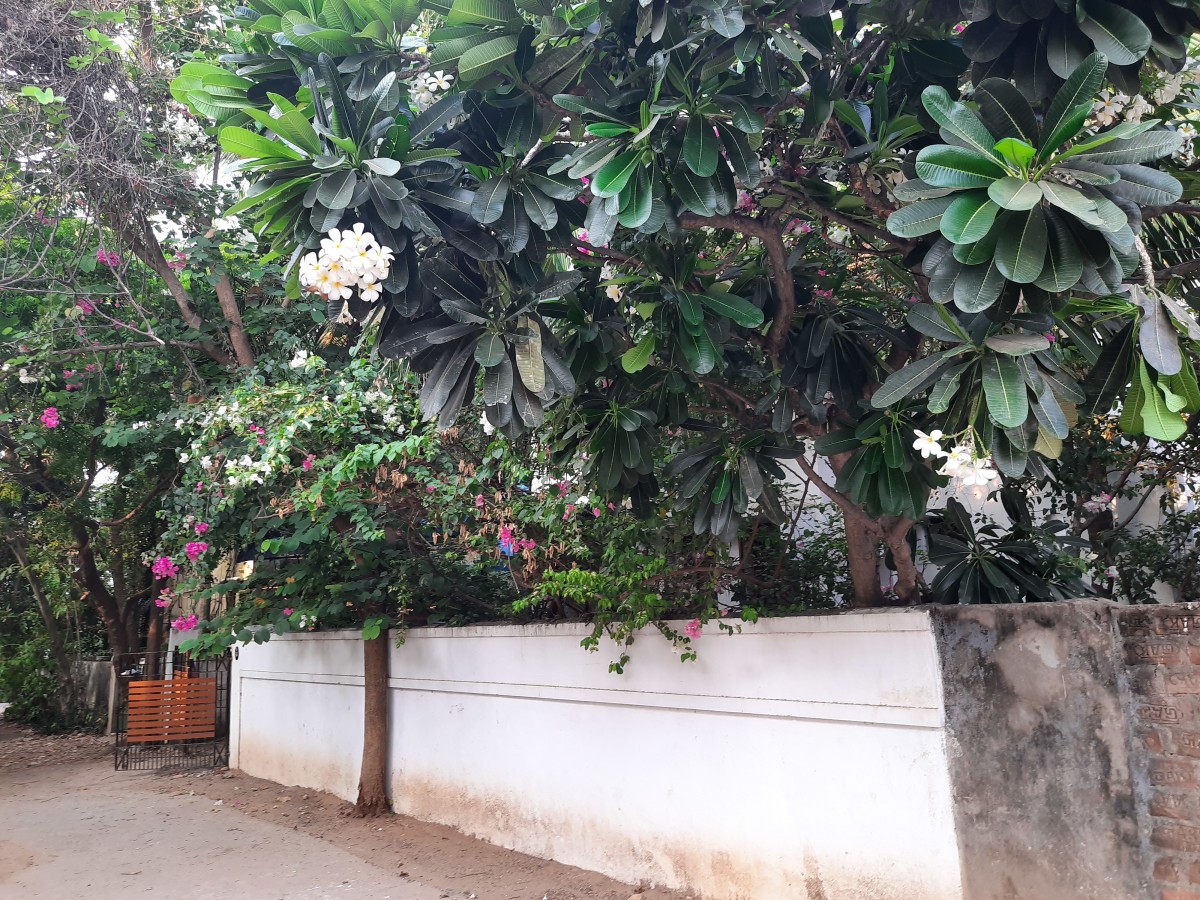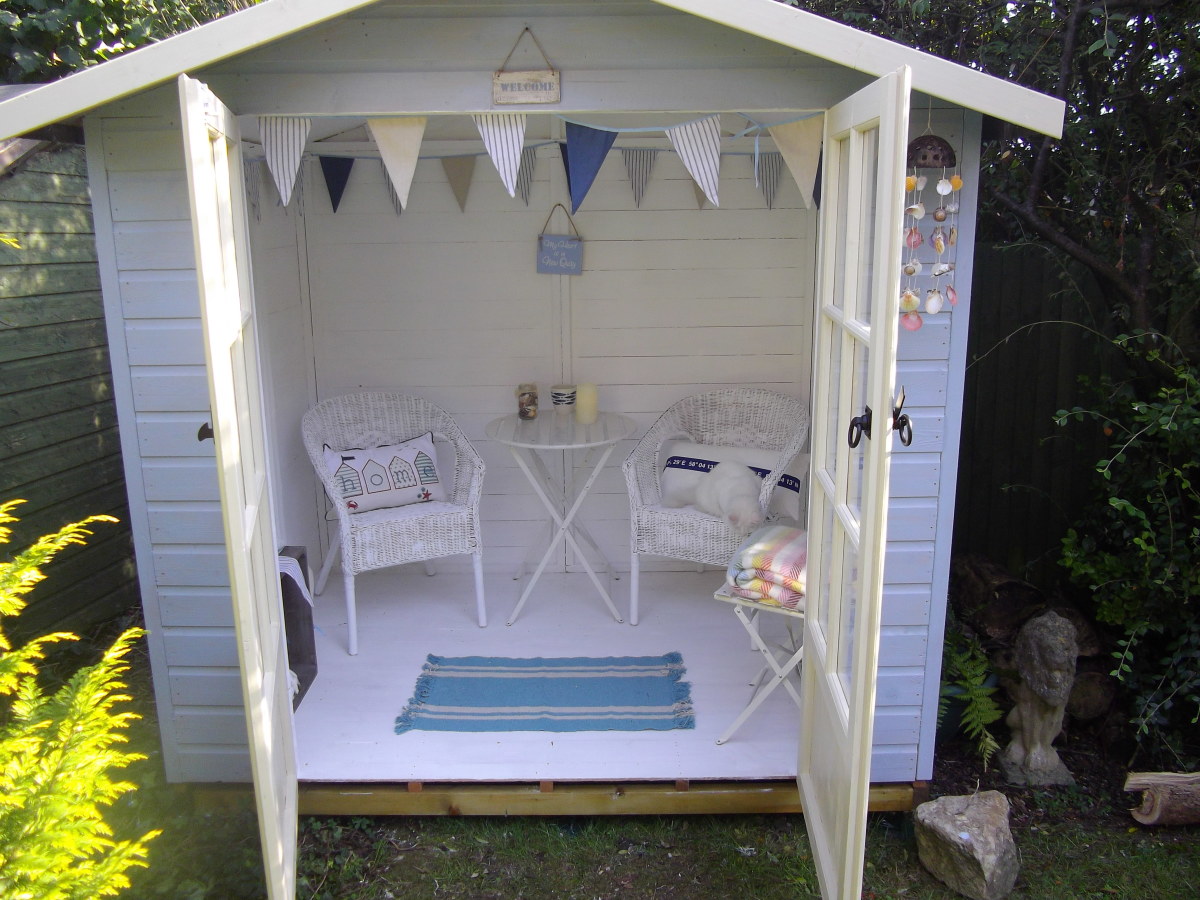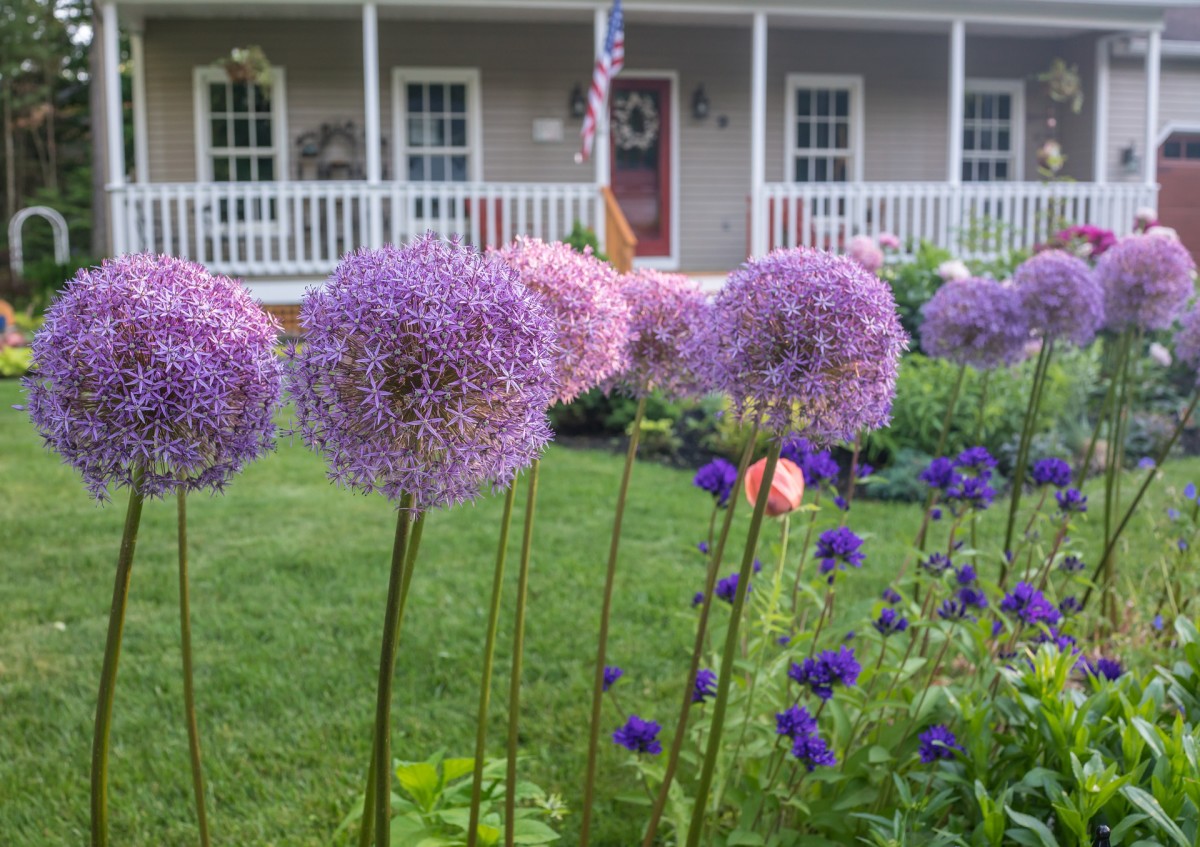Bob's Guide to Container Gardening
container garden guide
The summer of 1991 was the year I created the first container garden. We were living in Thunder Bay, Ontario and had just moved into the top floor of the house with a great view of the harbour and a balcony right off the kitchen.
Four window boxes adorned the railings and that first year I grew sweet peas. Not only did they look great but they also provided a partial privacy screen. As the years passed, fourteen in all, I experimented and grew a wide variety of plants, added a compost bin and generally learned much about growing things in containers.
One of the lessons I discovered was you could grow just about anything in a container if the container was big enough, the soil healthy and the plants got the sun and water they needed.
Container gardening is a great way to start your first garden. However, as your skills grow so can your ability to grow herbs, fruit, flowers, vegetables and shrubs in an almost endless variety of pots and containers. As long as the container is deep enough so that the plant’s roots can develop and has drainage so excess water can drain through, the plant will thrive.
Shrubs provide food and shelter for birds, food for people, look great and act as a privacy hedge or a living fence. It is not necessary to have a large space to add a shrub or two to your landscape design; in fact, many shrubs can do quite well in containers and may be ideal for a deck or patio.
Containers can also be used to create a kitchen garden. You may find a container vegetable garden is the answer if your gardening space is limited. It is possible to use containers and grow the vegetables vertically as there are a number of trellises and other means sold that will support your tomatoes, peas, cucumbers and zucchini, for example.
Organic gardeners build soil and this applies to growing in containers as well. Add compost to the container, in smaller amounts, just as you would a backyard garden bed.
I suggest buying organic potting soil for container gardening from your local plant nursery. Be sure it is designed for containers and is organic. The label on the bags will be marked organic potting soil or some version of that, if in doubt ask the staff.
Healthy soil is the organic gardener’s principal secret, but it is a secret that is meant to be told. Feed the soil, you will feed the plant, so that you can feed yourself.
Plants in containers may require more frequent watering than plants placed directly into the earth. In the container, the roots can only go down so far, and cannot seek out water, so it is up to you to be sure they do not get thirsty. Do not let them wilt, while they may come back, they will use up energy, better devoted to fruit and flower production, to do so.
Be sure to place the containers where the plants will get sufficient sunlight as they will not blossom if they get too little sunlight. Vegetables generally appreciate six to eight hours of sunlight per day as do herbs and flowers.
Foliar sprays (spraying the leaves) are a good way to feed the plants and a well fed plant is a happy and healthy plant. A happy and healthy plant has less appeal to invaders who will exploit weak plants.
Consider making compost tea to feed your container bound plants. Compost tea is relatively easy to make; you simply put a shovelful of compost into a burlap bag or apiece of cheese cloth and tie the bag closed: then suspend that bag into a container of water for a few days.
A feeding at the beginning of the season and once again in the middle can help the plants grow and produce the fruit and flowers you want.
Container gardening is an accessible way to grow the plants you enjoy.
backyard container garden
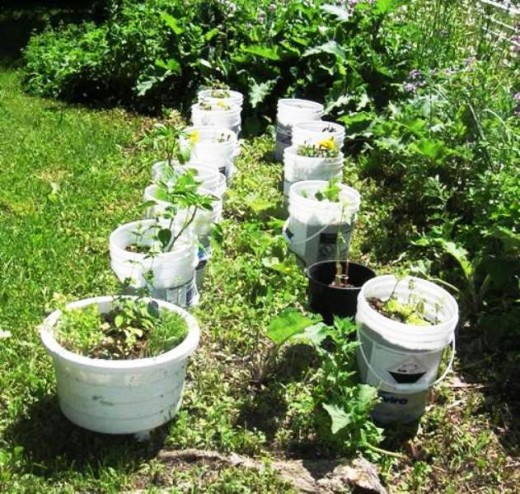
- Favourite Container Garden Plants
Containers make gardening accessible to anyone who has even a small space to place them. The container can be on a balcony, patio, deck, table top, in a back or front yard or on a fire escape, just about...
- Great Container Gardens #1
Anyone can garden. If you read my hubs regularly you will have read this statement before, I repeat it frequently, because many people have a variety of reason why they cannot garden. This hub will...

